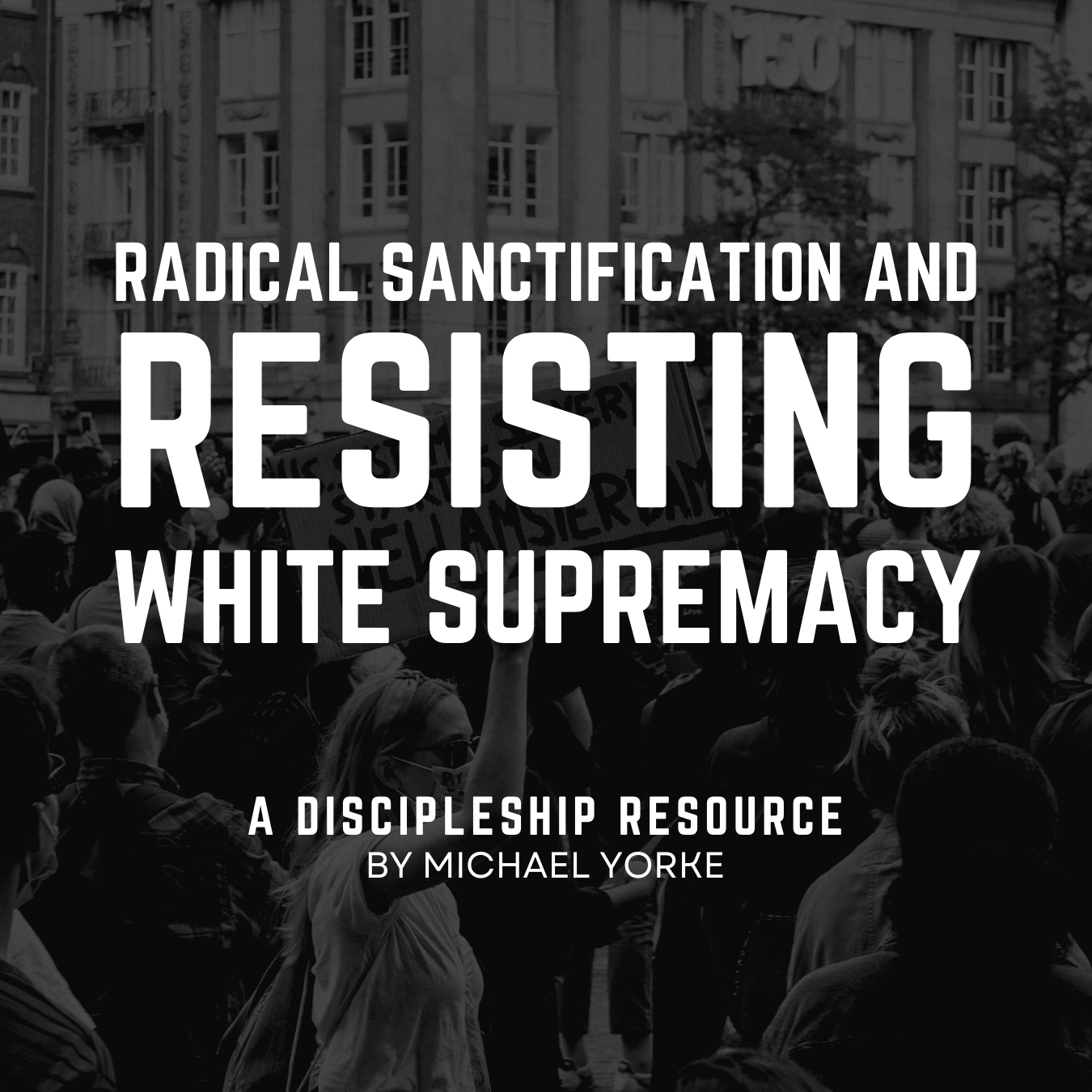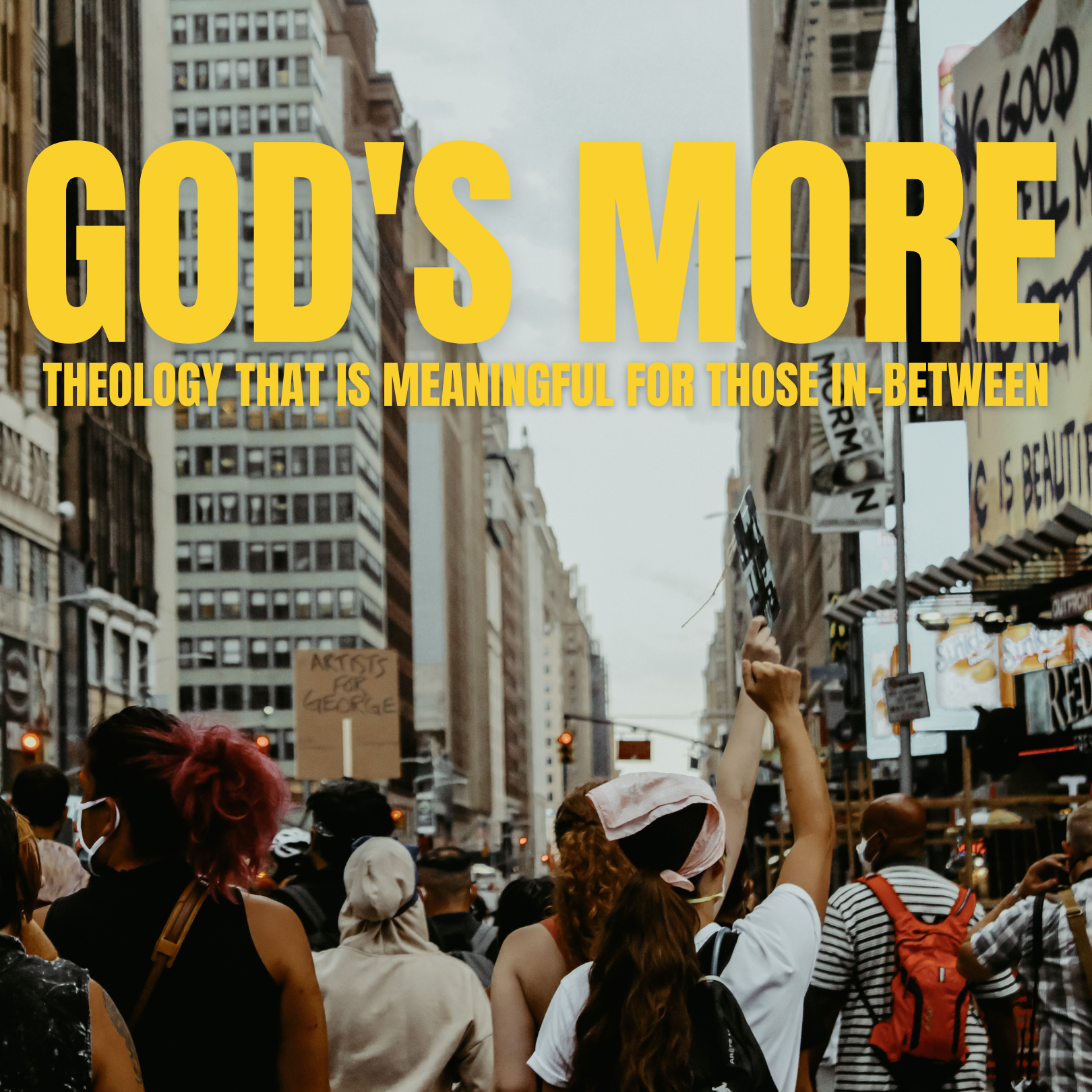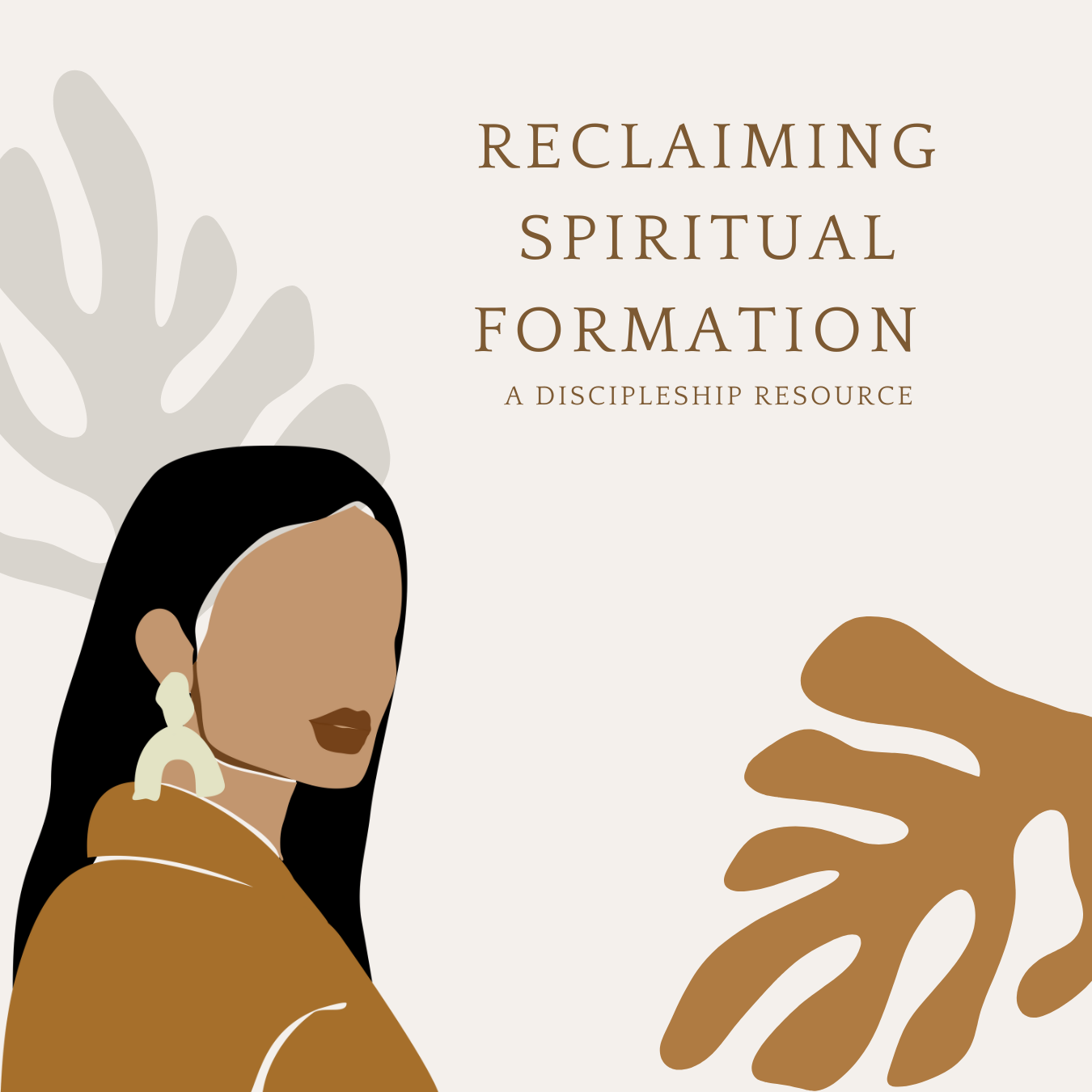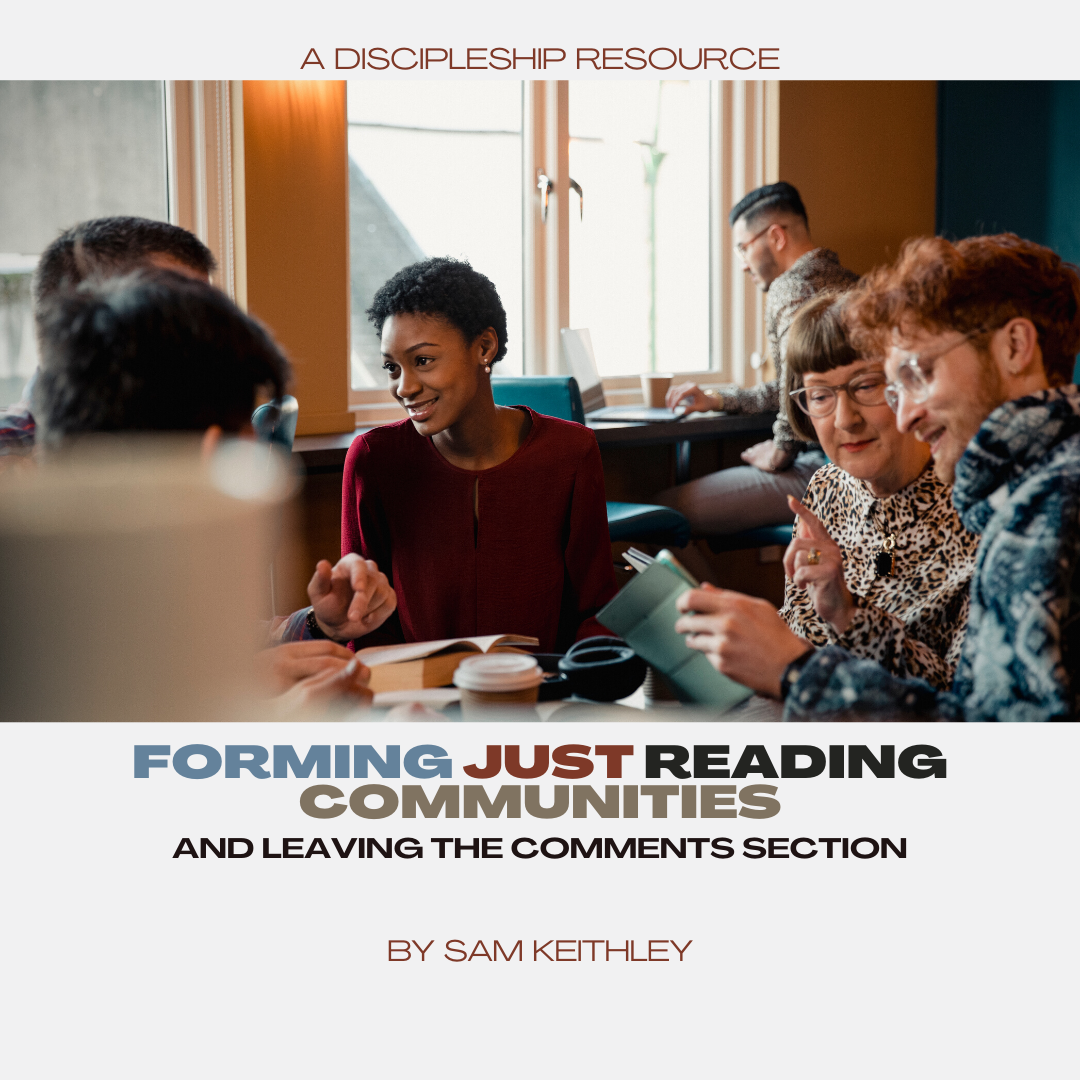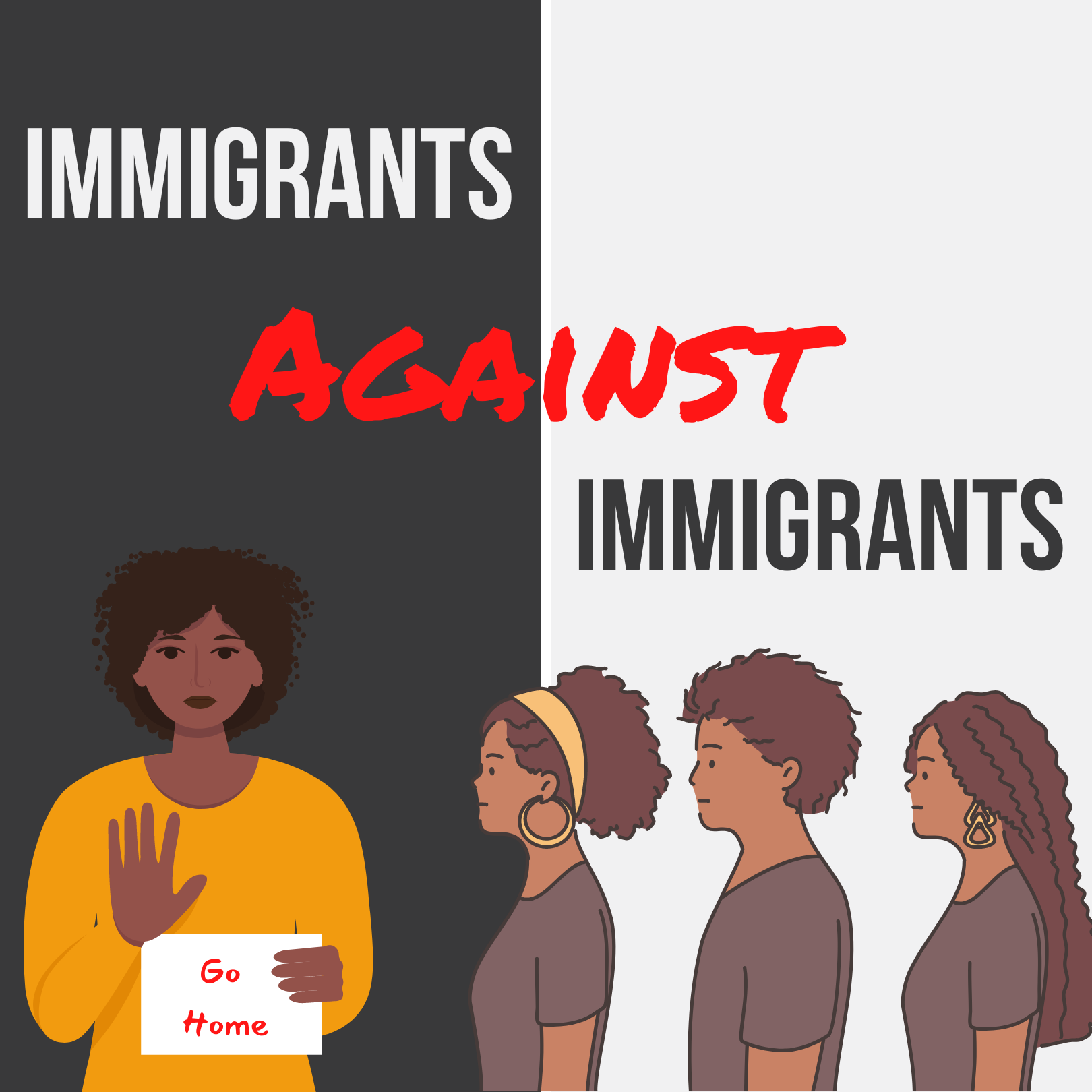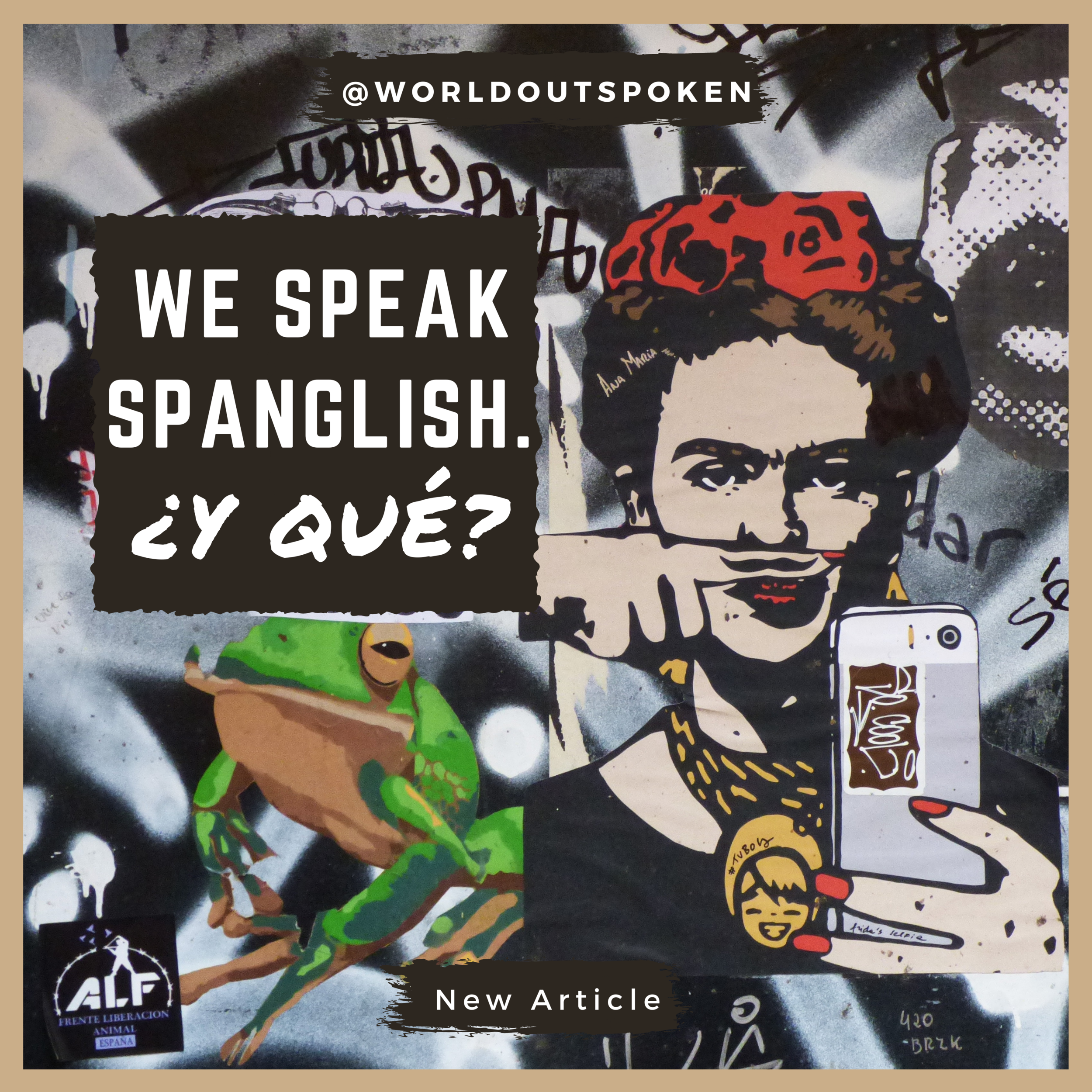This article is from the Moody Center magazine, set to publish spring 2022. To learn more about the magazine and Moody Center, subscribe to their newsletter.
“‘NO SPANISH!’ she bellowed. ‘You were all told that in your classroom! There will BE ONLY ENGLISH SPOKEN on the school grounds! Do you boys understand me!’ […] ‘I told you, NO SPANISH!’ yelled the teacher, grabbing Ramón by his shoulders and shaking him […] And she slapped him across the face, once, twice, three times.”
This excerpt, taken from Victor Villaseñor’s memoir, Burro Genius (2004), describes, in painful detail, the experiences of Victor as a young boy growing up in Carlsbad, California in the 1950s. Schools all across the country, especially in states with high populations of Spanish speakers, enforced a strict English-only policy. In Blackwell, a segregated school in Texas designated for children of Mexican ancestry, a symbolic burial of the Spanish language was performed. During the “Burial of Mr. Spanish,” students were asked to write notes of their favorite Spanish words that were then inserted in cigar boxes and buried at the base of the American flag[1]. It was, as if, to achieve true “Americanness,” students had to literally bury parts of their identity. More than half a century later, the English-only rhetoric continues to find a home in U.S. society. Students are still reprimanded for speaking Spanish in schools, families are attacked for communicating in Spanish, and English continues to be seen as the only legitimate U.S. language.
In many respects, the U.S. has adopted a replacive attitude of language learning. This posture supports the idea that, in order to learn English, one must forget Spanish or any other language. Yet, God created us with the amazing ability of learning multiple languages. We don’t have to forget a language, to learn another. In fact, monolinguals[2] are the minority (40% of the world). Bilingualism is not only normal but also greatly beneficial. In addition, there are many cognitive, socio-emotional and interpersonal advantages associated with bilingualism. For example, while bilingualism doesn’t prevent dementia, it does delay its onset by approximately 4-5 years, and a recent study[3] found that bilingual patients who had suffered a stroke were twice as likely to achieve full cognitive recovery compared to their monolingual counterparts. In short, multilingual people’s brains and worlds are expanded as a result of their linguistic abilities.
The overwhelming evidence supporting bilingualism is not only ignored in the U.S., but bilingual individuals are often seen as deviant. Thirty-four million viewers watched as Jennifer Lopez recited a Spanish line of the Pledge of Allegiance during her performance at President Biden’s inauguration: “Una nación, bajo Dios, indivisible, con libertad y justicia para todos!”. While this gesture was embraced by many viewers, especially those of Spanish-speaking heritage, many others took offense to this and expressed their dissatisfaction publicly. “This is America. We speak English,” “No idea what J.Lo just belted out in Spanish. Try communicating with EVERYONE,” and “Speaking Spanish at the American President Inauguration? Not everybody speaks Spanish! It was sad and shows a low education,” were some of the reactions posted on Twitter. Despite the fact that the U.S. does not have an official language at the federal level, that 67.3 million people in the U.S speak a language other than English at home[4] and that Spanish is a recognized language spoken by 500 million people worldwide, the assumptions revealed by the Twitter posts were that English is the official language of the U.S., that English is spoken and understood by everyone in the U.S. and that Spanish is spoken by uneducated people.
Language ideologies are implicit assumptions about a language and language varieties that are highly influenced by sociopolitical and cultural factors. For example, the idea that the French language “sounds romantic,” is directly linked to the perception that individuals have about French society – “sophisticated, romantic, elegant” – and these notions directly influence the manner in which the French language is perceived. Similarly, certain linguistic varieties of the same language are rendered more desirable and even appropriate based on the perception that society has of the people group that is associated with that variety; British English is “better” than Ghanaian English; Spaniards speak “correct” Spanish whereas Dominicans speak a defective variety (note that the Dominican Republic has a significantly high Afro-Latina/o population); African-American English and Latino English are substandard varieties in need of correction, etc. If you want to identify the languages and linguistic varieties that enjoy the most and least prestige in any society, it is sufficient to analyze racial and class status. In Mexico, for example, the Spanish spoken by indigenous people is often stigmatized and considered “ugly,” and in Italy there is a predilection for the Italian spoken in Milan over the one spoken in Sicily (Sicilians tend to be darker in complexion and Milan is wealthier). We may believe that language attitudes are mostly formed by inherent truths about languages and dialects; in reality, they are, to a large extent, shaped by power dynamics that sustain certain racial and class hierarchies.
Language ideologies affect racialized bodies in different ways. I often hear from my White students, “I wish I had learned Spanish as a child” and “I always knew that bilingualism is beneficial.” They’re initially confused when they learn that bilingualism is not always encouraged and at times, even punished. In non-White bodies, bilingualism is often seen as a liability, a menace against the English language, and an assault against “Americanness.” No John Smith has ever been told, “Speak English, we’re in America” but when Spanish is spoken by a Miguel Rodriguez or Korean by a Hayun Kim, suspicion quickly arises.
My son was ten years old when he told me that he didn’t want to speak Spanish because he was, “an American.” “El español te da de comer, mijito (Spanish feeds you),” I told him sarcastically, reminding him that our income was generated by my ability to teach Spanish. In reality, the idea that Spanish did not belong in this land nor could it exist in the mouths of “real Americans” was not his own; this message had been transmitted to him at a very young age. Admittedly, I had gone through a similar phase. I remember feeling secretly ashamed that my parents spoke Spanish, and when they attempted to speak English, I quickly intervened, not because I was trying to help them, but because I felt they would embarrass me with their “poor English.” Feeling ashamed of your family, your language, your heritage is incredibly damaging. It is imperative that we carefully examine the ways in which we might be inadvertently perpetuating linguistic notions that serve to further victimize communities of color.
It is amazing that God gave the ability of multilingualism to Jesus, who spoke Hebrew and Aramaic[5]. We know that Jesus did not come to this earth as King but as a Brown man from the margins[6]. As a Galilean Jew, Jesus did not speak the prestigious variety of the religious elite[7] and his non-standard accented speech[8] emphasized his status as a marginal subject. Our savior came to this world to deliver the message of salvation using a linguistic variety that, given linguistic prejudices, might have been considered “ugly,” “undesirable” and “unintelligent.”
Multilingualism is a God-given gift that must be cherished and celebrated. Every language you speak gives you access to a particular group of people and allows you to form deeper bonds with those individuals. My languages are the bridges that enable me to traverse paths that would otherwise remain unknown to me. My languages give me the possibility to understand the sorrows of my neighbors and share the joys of my friends. Through my languages, I can speak of Jesus in a way that is understood by multiple communities. ¡Gloria a Dios! Glory to God!
About Dra. Meduri Soto
As an academic from el barrio, Dra. Meduri Soto strives to engage in scholarly work that honors and gives visibility to her community. Her faith drives her passion for justice as she seeks to reveal the ways in which certain language ideologies are constructed to operate unjustly against our communities. Her work acknowledges language as a powerful tool and promotes linguistic diversity in its different manifestations. Bicultural and bilingual identities are at the center of Dra. Meduri Soto's work. She is a Spanish professor at Biola University where she teaches second language and heritage language learners. To learn more about her work, follow her on Instagram: @la.dra.itzel
Footnotes
[1] Bacigalupo, Chantelle (2019): https://www.pri.org/stories/2019-04-29/no-spanish-allowed-texas-school-museum-revisits-history-segregation
[2] Monolinguals are people who only speak one language.
[3] Alladi, Suvarna, et al. “Impact of Bilingualism on Cognitive Outcome After Stroke.” Stroke, vol. 47, no. 1, 2016, pp. 258–261., doi:10.1161/strokeaha.115.010418.
[4] Center for Immigration Studies (2018)
[5] According to Dr. Jonathan Katz of the University of Oxford, Jesus may have also spoken Greek, as cited in https://www.history.com/news/jesus-spoke-language
[6] See Robert Chao Romero’s book, “The Brown Church: Five Centuries of Latina/o Social Justice, Theology and Identity” (2020).
[7] See Virgilio Elizondo’s book, “Galilean Journey: the Mexican-American promise” (2000).
[8] It is important to note that we all speak with an accent. Accents are contextually determined; for instance, people from England might think Canadians have accents and vice versa. “Standard” and “non-standard” accents are not “scientifically” determined; instead, they are based on social perceptions.
Articles like this one are made possible by the support of readers like you. Donate today and help us continue to produce resources for the mestizo church.




